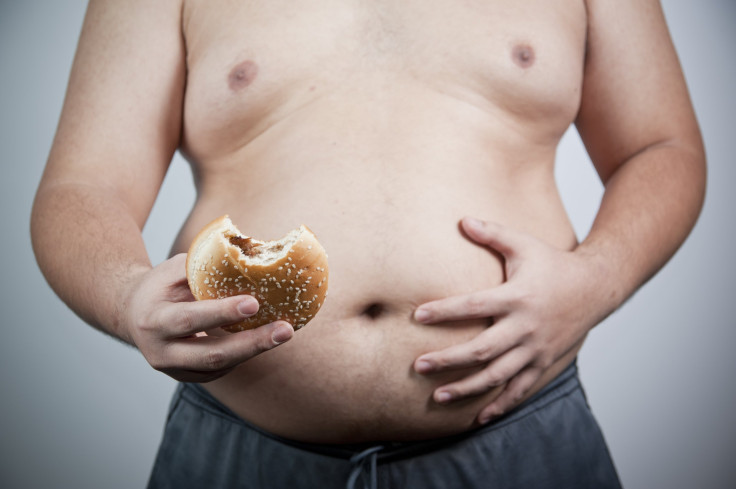Fathers Should Watch What They Eat Before Conceiving: Bad Diet Impacts Sperm, Has Long-Term Effect On Offspring

When it comes to the health of offspring, it’s usually the mother who receives the focus about what to eat as well as what to avoid in the environment before and during pregnancy. But a recent Canadian study found that a father’s diet before conception could carry just as much weight with regard to a child's well-being.
A research team at McGill University that was headed by Sarah Kimmins showed for the first time that a father’s level of vitamin B9, or folate, is just as vital to the development and health of their offspring as the mother’s. The finding indicates that fathers need to be as mindful as mothers about their lifestyle and diet before conceiving a child.
“Despite the fact that folic acid is now added to a variety of foods, fathers who are eating high-fat, fast food diets, or who are obese may not be able to use or metabolize folate in the same way as those with adequate levels of the vitamin,” Kimmins commented in a press release. “People who live in the Canadian North or in other parts of the world where there is food insecurity may also be particularly at risk for folate deficiency. And we now know that this information will be passed on from the father to the embryo with consequences that may be quite serious.” Green leafy vegetables, cereals, fruit, and meat are known to be good sources of folate, according to the study.
The researchers reached this conclusion about diet and heredity by adjusting folate levels in the diet of male mice. Male mice that had a folate deficiency had offspring with significantly more birth defects, such as craniofacial and musculoskeletal malformations, than mice that had fathers with sufficient folate levels.
“We were very surprised to see that there was an almost 30 percent increase in birth defects in the litters sired by fathers whose levels of folates were insufficient,” co-author, Romain Lambrot, of McGill’s Department of Animal Science, noted in the release. “We saw some pretty severe skeletal abnormalities that included both cranio-facial and spinal deformities.”
The researchers explained that the bridge between a father’s dietary habits and the health of their offspring lies in the epigenome; the mechanism that influences how genes are turned on and off. Parts of the sperm epigenome, explains the Kimmins team, are sensitive to life experience and diet. A father’s diet, for instance, can alter his so-called epigenome map in a manner that influences the development of his offspring, which can ultimately have a long-term impact on a progeny’s metabolism and vulnerability to diseases.
“Our research suggests that fathers need to think about what they put in their mouths, what they smoke and what they drink and remember they are caretakers of generations to come,” said Kimmins. “If all goes as we hope, our next step will be to work with collaborators at a fertility clinic so that we can start assessing the links in men between diet, being overweight, and how this information relates to the health of their children.”
Source: R. Lambrot et al. Low paternal dietary folate alters the mouse sperm epigenome and is associated with negative pregnancy outcomes. Nature Communications, Article number: 2889. Published 10 December 2013



























